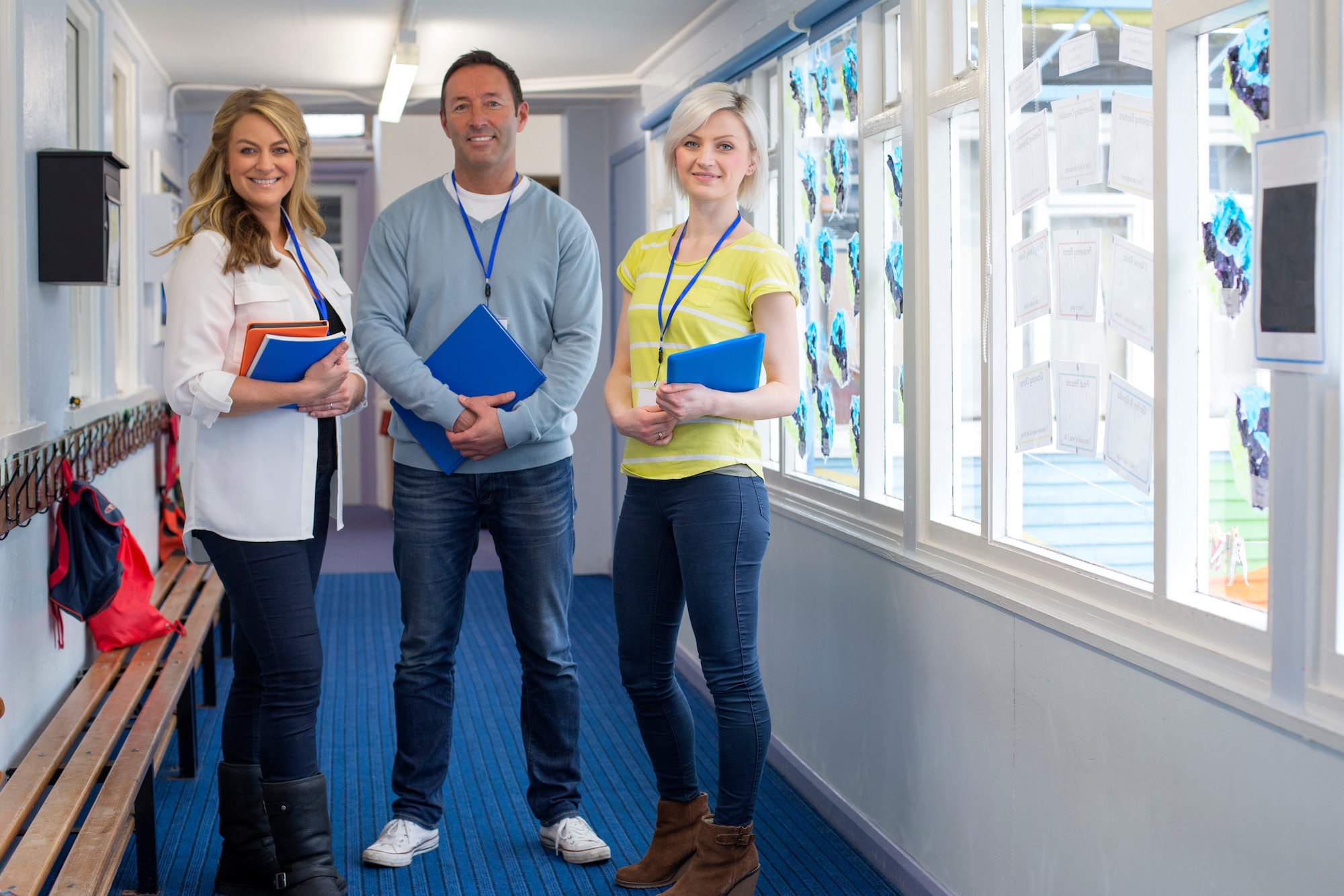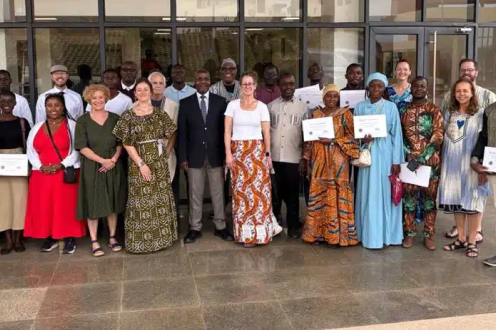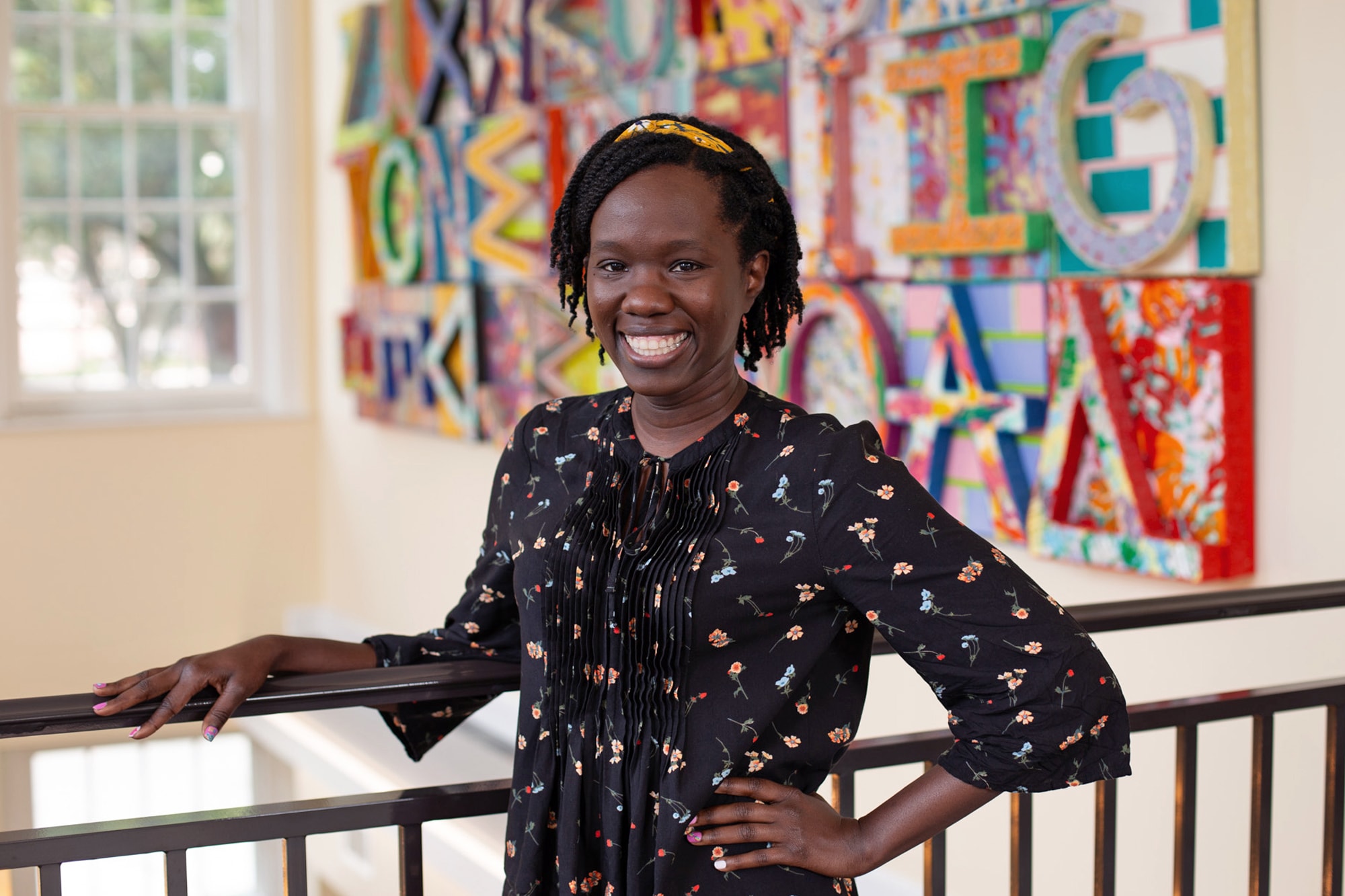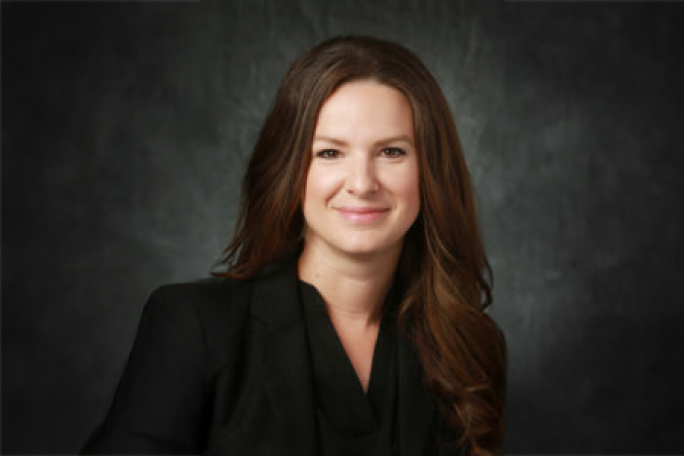Program Offerings

On-Campus Ph.D.
Doctorate Program
Our purpose is to prepare scholars to explore and rethink the intersections of curriculum, teaching, and teacher education with society and politics in an increasingly diverse world. With multiple and interdisciplinary approaches to research, theory and practice, our faculty offer avenues for examining issues that impact 21stcentury education and teacher education. Our students will be prepared to disrupt and challenge issues of equity in education through transformational learning.

Online Ed.D.
Doctorate Program
Rather than preparing students for positions in research-intensive universities, the degree prepares practitioner scholars to draw on educational theory and research to address the pressing problems facing educational leaders today. The program is online and includes periodic face-to-face meetings on the University of Florida’s campus. A cohort is admitted every other year and follows a prescribed course schedule.

On-Campus M.A.E.
Master’s Program
In pursuing a Master of Arts in Education degree in Curriculum & Instruction, students learn how to acquire, discover, and apply expert knowledge to address and resolve pressing problems in schools. Students become familiar with and use perspectives from history, philosophy, sociology, and cultural studies in exploring the inter-relationships between schools and society. In this on-campus program, applicants are admitted on a rolling basis so that they can begin their studies in the fall, spring, or summer semesters.
Alumni Spotlights
Fulbright-Hays award-winning doctoral candidate explores Côte d’Ivoire
Ed.D. student, Jessica Ayer, earned a Fulbright‑Hays Group Project Abroad Award that let her spend her summer in Ivory Coast, learning Bambara and developing curricula for francophone Africa. This experience was enriched by deep relationships with local staff and students, and will inform her dissertation, teaching approach and eventual distribution of newly designed curricular units through the American Association of Teachers of French.


Dr. Carla-Ann Brown brings Fulbright Distinguished Award in Teaching Research experience to the classroom
Dr. Carla-Ann Brown, a dedicated educator and researcher at the University of Florida’s P.K. Yonge Developmental K-12 Research School, received the Fulbright Distinguished Award in the Teaching Research Program. As a three-time UF graduate, Dr. Brown’s experiences in London will bring fresh ideas to Gainesville.
CoE alumna honored with teaching and innovation award
The University of Louisiana Lafayette awarded College of Education alumna Aimee Barber (Ed.D. ‘19) with the Dr. Ray P Authement Excellence in Teaching Award for her dedication to teaching and innovation.

